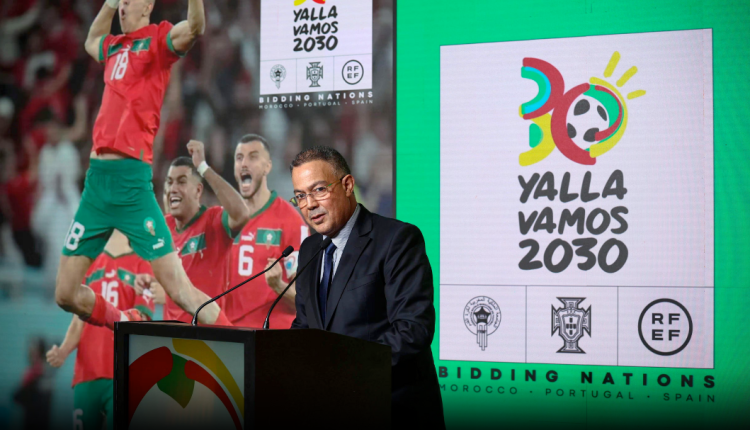As Morocco gears up to co-host the 2030 FIFA World Cup with Spain and Portugal, the country is positioning itself as a key regional hub for football by welcoming a permanent FIFA office in Rabat. This strategic move is part of Morocco’s broader ambition to strengthen its global presence in the football world and bolster local sports development.
Tax incentives to facilitate FIFA’s operations in Morocco
To support FIFA’s presence and operations, the 2025 Finance Bill (PLF 2025) outlines several fiscal measures aimed at creating a favorable environment for the organization. These incentives will reduce FIFA’s tax burden in Morocco, allowing it to focus on local development initiatives.
The proposed tax incentives include:
- Full corporate tax exemption: FIFA’s operations in Morocco will be exempt from corporate tax, enabling the organization to reinvest more easily into local football projects and activities.
- Exemption on withholding taxes: The income generated from shares and social capital by FIFA’s representatives will be exempt from withholding taxes, facilitating smoother financial flows within the organization and its affiliates.
- VAT exemption: FIFA will benefit from a total exemption from VAT, both for imports and domestic transactions. This includes goods, materials, and services acquired for organizing events or supporting development programs, significantly lowering operational costs.
- Exemption from registration and stamp duties: Administrative procedures involving FIFA, such as residency permits for foreign representatives and employees, will be free from registration and stamp duties, streamlining bureaucratic processes.
- Income tax exemption for foreign employees: Non-Moroccan FIFA staff will be exempt from paying income tax on their salaries, making Morocco a more attractive destination for international talent to join FIFA’s operations.
A key component of Morocco’s sports strategy
These generous tax breaks align with Morocco’s broader strategy to boost its sports sector and establish the country as a prime destination for global football. By hosting FIFA’s regional office, Morocco aims not only to increase its visibility on the international stage but also to leverage FIFA’s expertise and resources to fuel local football development.
With FIFA’s strong presence and Morocco’s role in the 2030 World Cup, the country stands to benefit from enhanced infrastructure, talent development, and economic growth linked to the global football ecosystem.
